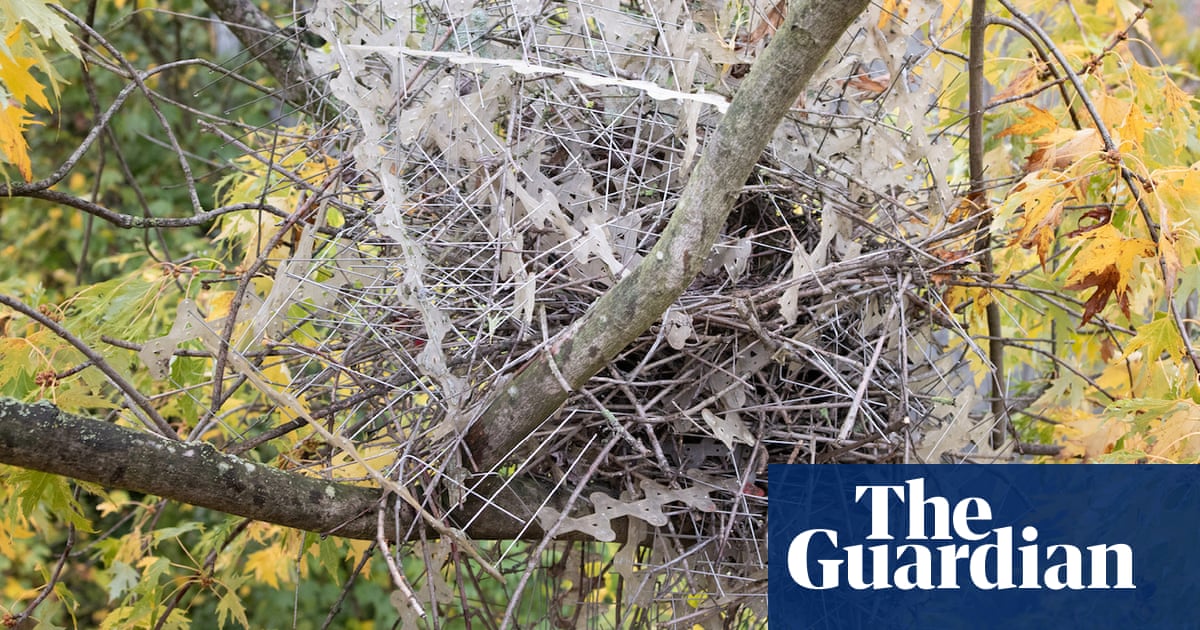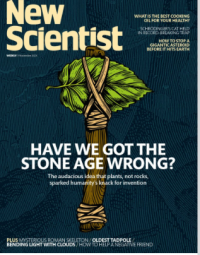First Nation American ancestors could fold water vessels from birch bark. I have no idea where they fit in the time tree.
First Nation Australians used fire hardened wooden spears (from the spear tree).
The nullah-nullah is a wooden club.
I’ve no idea where the wooden woomera or the boomerang fit in. I do know that the boomerang was not originally designed to return. A returning boomerang has failed.
Throwing and digging sticks are almost universal among ancient cultures.
The indigenous folk of the South American forests used bamboo blow-pipes and wooden darts.
There has been a lot of research recently into a putative Plant Age that that predates the Stone Age. However there must have been considerable overlap. A rock and a bone are so handy.
View attachment 92505

 www.theguardian.com
www.theguardian.com



